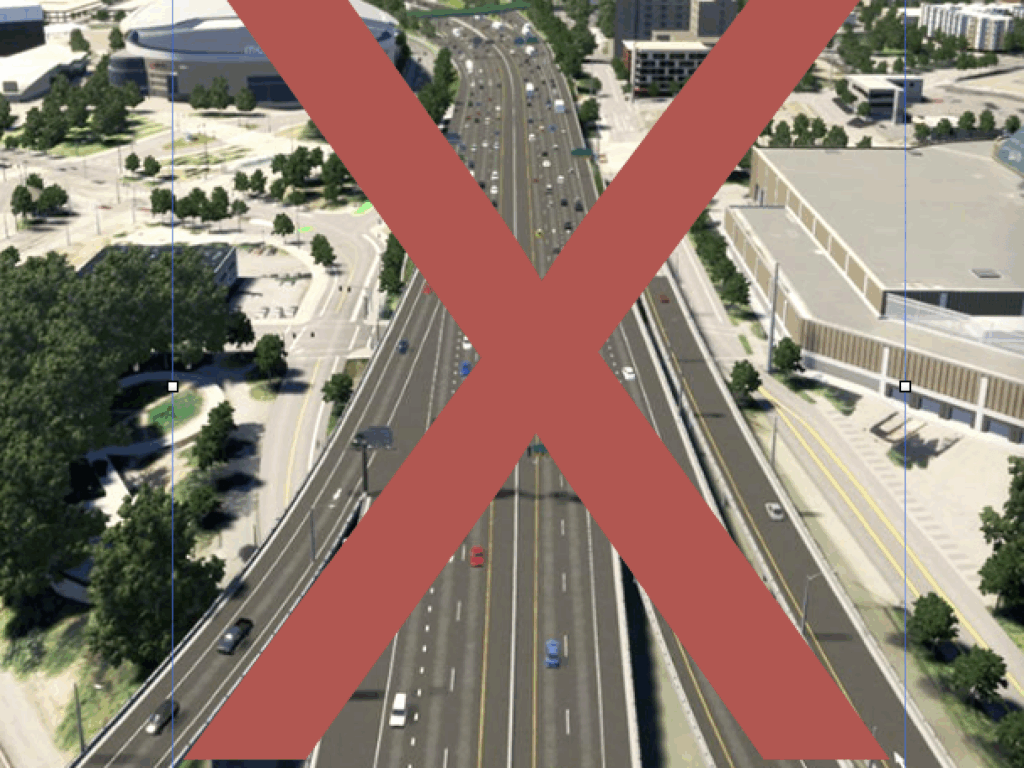Our planning processes and land use decisions have a huge impact on housing affordability.
Editor’s Note: Today we’re publishing an open letter from Ethan Seltzer to Portland City Commissioner Nick Fish. Portland is the midst of a serious debate about the economics of housing , and how blocking proposed market rate housing is likely to affect affordability and displacement. City Commissioner Nick Fish has argued that a recent city council decision to veto a 275-unit market rate housing project in the city’s Pearl District won’t have any effect on affordability. City Observatory, and others, have pushed back on this point.
Ethan Seltzer is an Emeritus Professor in the Toulan School of Urban Studies and Planning at Portland State University. He previously served as the President of the City of Portland Planning Commission and as the Land Use Supervisor for Metro, the regional government. He has lived and worked in Oregon and the Portland region since 1980.
Dear Commissioner Fish:
I read your comments in Willamette Week . Though I’ll give you the benefit of the doubt on the source, I am really surprised that you regard filtering or “trickle down” as something we either don’t have, haven’t had, or should try to avoid. In actual fact, it’s all we ever had, and unless and until you fundamentally change what property ownership means and how the housing market works, it’s what we’ll depend on going forward.
Suggesting that housing in the Pearl is unrelated to housing at SE 158th street is simply wishful thinking on your part, and a rhetorical flourish that ignores the current state of the housing market in Portland. Fundamentally, people want to live close to the center, not all people but enough so that we’re seeing much more demand than we’ve seen in a long time. Not building in the Pearl means that households with means will look at the next best thing, not at SE 158th Street but perhaps at NE 47th Street. And what happens next is that folks who never had Pearl aspirations but only wanted to find a place at NE 47th Street are now looking at SE 72nd Street. And so forth. Shutting down construction in the Pearl does equal, in the end, seeking housing, on the part of those who never before thought of doing so before, at SE 158th.
Face it: new housing is the most expensive housing we’ll ever have, and building new affordable housing is kind of a faith-based, homeopathic approach to addressing the housing crisis. Fundamentally, today and up until this very moment, we’ve depended on, as we used to say on TV, people “moving on up” to release less costly housing to the market. If you don’t want to depend on filtering or “trickle down”, you need to be a whole lot more specific about what you think we can depend on starting now.
In Oregon we have a long and cherished tradition of doing the planning in the planning process, not in the development process. We create certainty by enabling folks to know what they can do on their property, by right, and in exchange we, as a community, get to have something to say about what those rights entail. So far, you’ve been addressing the crisis a development at a time. You have no plan, only a willingness to react. You can get out in front of this, but it won’t always be pleasant.
We need more housing production in all neighborhoods, including mine. I hope to see the you and the rest of the Council become advocates for making it easier and more predictable to build new housing everywhere, not just in the Pearl or at SE 158th. And if you’re really sincere about your commitment to those seeking housing, it will not be just expensive housing everywhere, but a range of housing types and prices everywhere. That means fundamentally revisiting what we mean by “single family zoning,” and confronting the history of zoning and the haziness of just what we mean by “family” when we put it into land use regulations.
It also means that the aggravated newcomers that you’re serving in the Pearl will be joined by aggravated old timers in Eastmoreland, Alameda, Foster Powell, and the West Hills. Again, if you’re sincere about addressing the needs of folks looking for housing, you’ll find the strength to advocate for more than a precious few inclusionary units in the Pearl or really expensive “affordable” units at SE 158th. You’ll advocate for an inclusionary city rather than an inclusionary zone, a mix of housing on every block rather than a block of mixed housing in every zipcode. This isn’t about empowering greedy developers, but about housing our neighbors and kids. Keep in mind that if you don’t like height, then you have to like density.
If these ideas are intriguing or even maddening, I’d be glad to talk them over with you in person. Coffee?
Best!
Ethan

